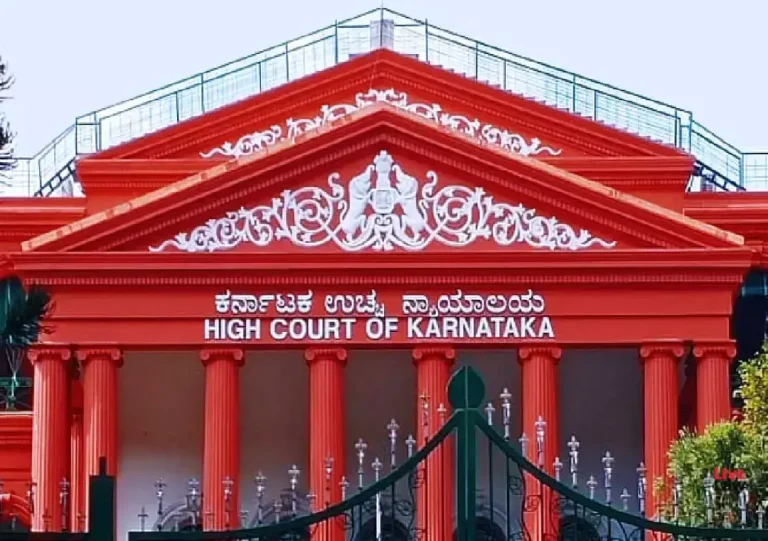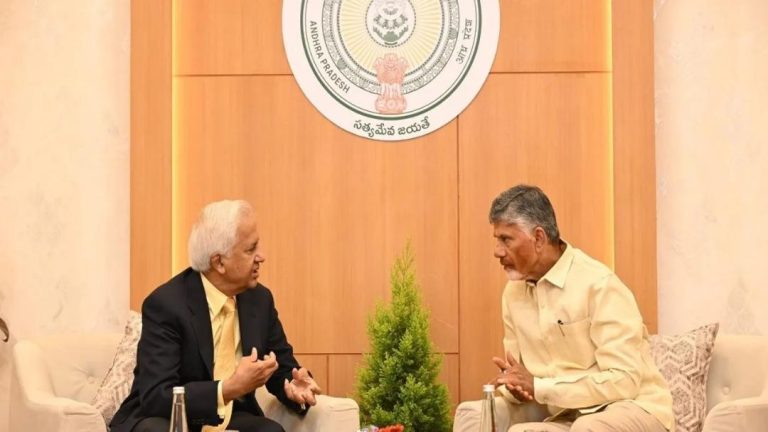
History will be written in Bihar this time: Prashant Kishor
As the political landscape of Bihar is gearing up for the upcoming elections, Jan Suraaj founder Prashant Kishor has made a bold prediction. In a recent statement, he declared that “this time, history will be written in Bihar.” The assertion has sent shockwaves through the political circles, with many wondering what he meant by this enigmatic statement. Is Prashant Kishor hinting at a significant change in the politics of Bihar? Let’s delve into the context and analyze what might be behind his bold claim.
For the past two years, Prashant Kishor and his team at Jan Suraaj have been traveling across the state, engaging with people and gathering feedback. According to him, their efforts have revealed a disturbing trend – over 60% of the people in Bihar are eager for a change. This discontent, Kishor believes, can be harnessed to create a new narrative in the state’s politics.
So, what exactly does Kishor mean by “history will be written in Bihar this time”? Is he predicting a change in the ruling dispensation or a significant shift in the way politics is conducted in the state? One possible interpretation is that he is hinting at the possibility of a non-BJP or non-RJD government being formed in Bihar. Given the anti-incumbency sentiment against the Nitish Kumar-led NDA government, this is not an entirely far-fetched idea.
In recent years, Bihar has witnessed a significant shift in its political landscape. The rise of regional parties like the Rashtriya Janata Dal (RJD) and the Janata Dal (United) has led to a fragmentation of the political landscape, making it increasingly difficult for the BJP to form a government on its own. Add to this the fact that the Congress, once a dominant force in the state, has been struggling to regain its footing. In this context, Prashant Kishor’s prediction could be seen as a reflection of the potential for a new coalition or alliance to emerge and challenge the status quo.
However, it’s also possible that Kishor’s statement is more symbolic than literal. By saying “history will be written in Bihar this time,” he might be emphasizing the need for a fresh start, a new approach to governance, and a commitment to addressing the pressing issues that plague the state. In a state where corruption, unemployment, and poor infrastructure are rampant, a change in the way politics is conducted could be a welcome development.
Bihar’s politics has always been marked by its complexity and unpredictability. The state has witnessed a series of alliances and breakups, with leaders and parties shifting allegiances with ease. Against this backdrop, Prashant Kishor’s statement can be seen as a call to action, urging people to come together and demand change. By emphasizing the need for a new narrative, he is challenging the existing political order and encouraging people to think beyond the traditional party lines.
In conclusion, Prashant Kishor’s bold prediction is more than just a statement – it’s a call to action, a challenge to the status quo, and a reflection of the changing political landscape in Bihar. As the state prepares for the upcoming elections, it will be interesting to see how Kishor’s vision plays out. Will a new coalition or alliance emerge to challenge the existing powers? Will Bihar witness a significant shift in the way politics is conducted? Only time will tell, but one thing is certain – the people of Bihar are hungry for change, and it’s up to the political leaders to deliver.






